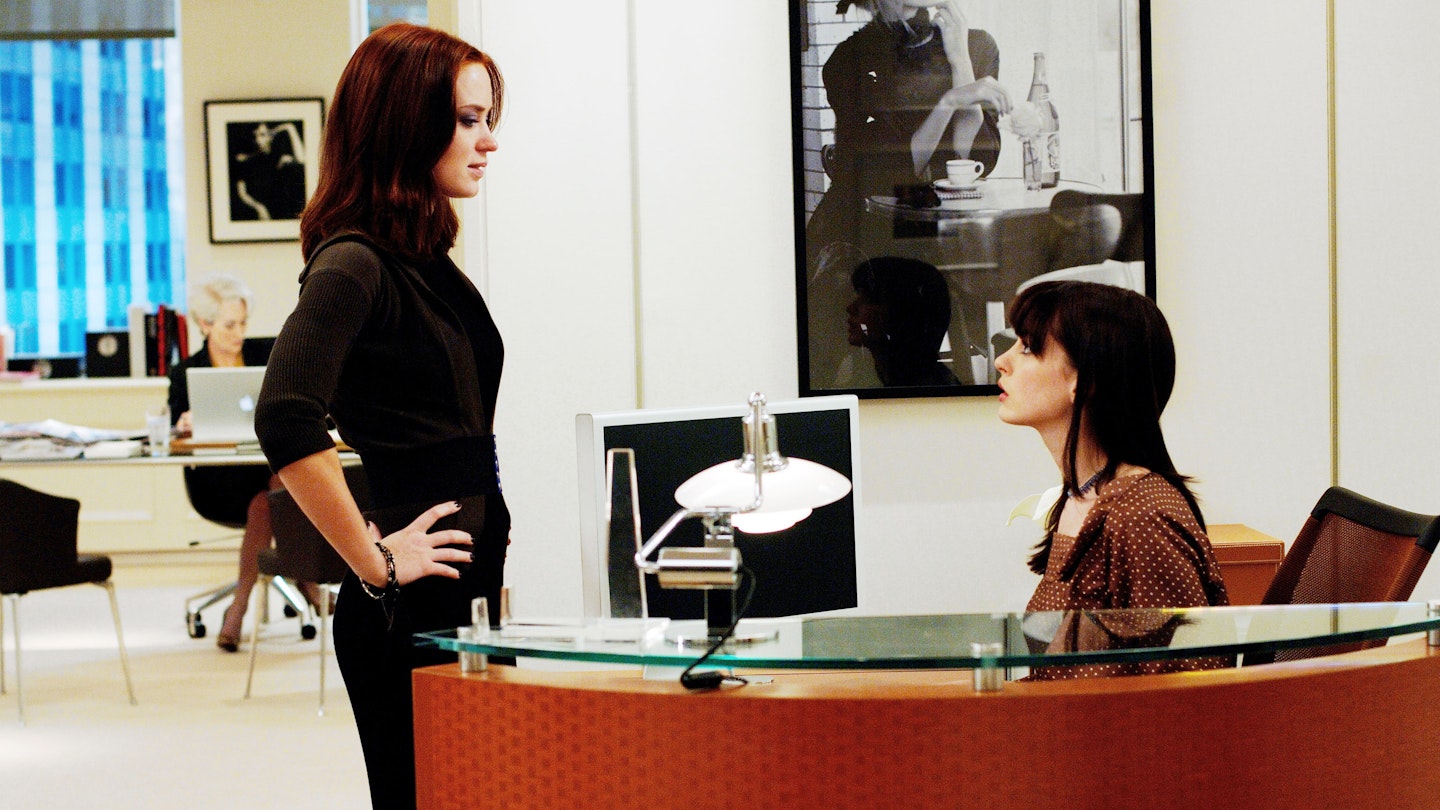A woman entering the workforce today can expect to work around four years longer than her male counterparts over the course of her career, thanks to the added burden of unpaid care responsibilities. That’s one extra month for every year worked by women.
Not Ready, Still Waiting, a new report from ActionAid, was presented to the United Nations general assembly yesterday. Based upon data from U.N. Women and the International Labour Office for 217 countries worldwide, the study found that unpaid care and domestic responsibilities burden women in both developed and undeveloped countries. This limits their opportunities to earn money, become involved in decision-making and political activities, to pursue leisure activities and to rest.
ActionAid calculates that if women were paid an average wage for these hidden hours worked, each would earn £41,000 more over her lifetime.
This unequal division of labour around the world is most likely down to deeply entrenched gender roles: traditionally, everything from childcare and cleaning to emotional support has been earmarked as ‘women’s work.’
To restore the balance, ActionAid is asking governments to recognise this extra burden, and to introduce measures to help ease it; from improving public care services to working for equal pay and establishing a minimum living wage.
‘We do not mean to suggest that all unpaid work, including unpaid care work, should be remunerated, or to ascribe a monetary value to unpaid care, which includes what we believe to be intrinsically invaluable activities, such as loving and nurturing children and family,’ said Girish Menon, chief executive of the charity.
‘Rather, ActionAid believes women’s unpaid work should be recognised, reduced and redistributed – between women and men, and between the household and the state.’
‘Women’s labour – in and outside the home – is vital to sustainable development and for the wellbeing of society. Without the subsidy it provides, the world economy would not function. Yet it is undervalued and for the most part invisible.’
According to the report, unless the ‘vastly disproportionate levels of unpaid care work are recognised, reduced and redistributed,’ gender inequality will continue to be a major issue around the world.
